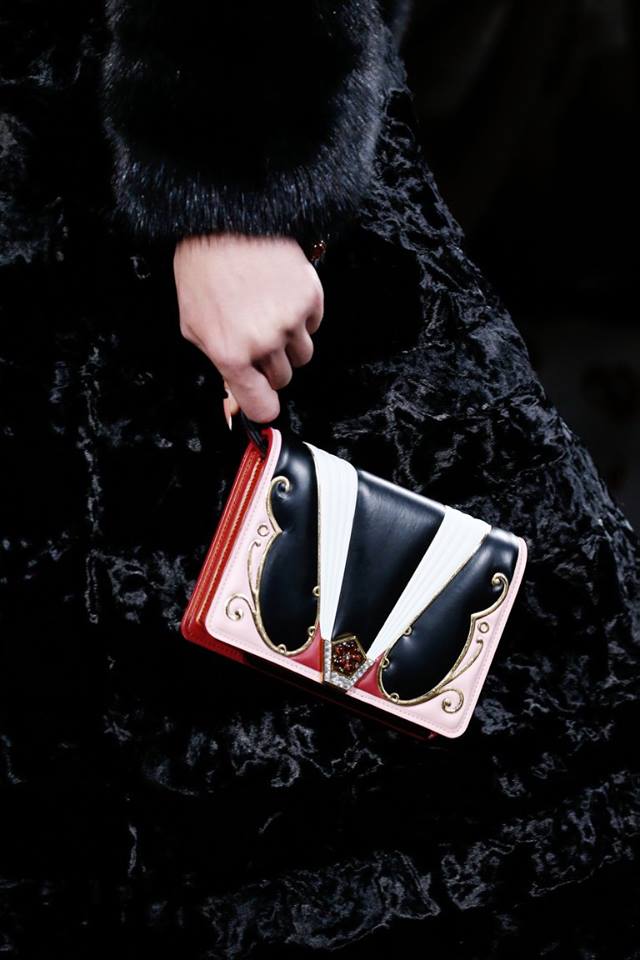Ministers should consider an all-out ban on fur because consumers have been tricked into buying animal fur labelled as fake, a cross-party group of MPs says today.
A report from the environment select committee calls for the government to launch a public consultation on banning all types of animal fur in clothing and upholstery, and criticised trading standards officers for a “complacent” approach to enforcing the law.
Investigations last year by Humane Society International (HSI), an animal welfare group, and broadcasters, revealed that high street and online fashion outlets had been mislabelling garments as faux fur when tests revealed that they contained fox, mink and rabbit fur.
A public outcry prompted an inquiry by the environment, food and rural affairs select committee into practices in the fashion industry, and its report, Fur Trade in the UK, published today, is strongly critical of both retailers and trading standards.
The committee chairman, Neil Parish, said it was the responsibility of shops and local authorities to identify what they were selling.
“Reports of real fur being sold as fake fur show that retailers are flouting their responsibility to consumers,” the MP said. “Retailers of all sizes are complacent about the issue of fake faux fur. It is illegal to give misleading information, and Trading Standards have been poor at identifying and acting against those who are doing so.
“We are saying to government: it’s time to have a public consultation as to whether or not we should totally ban fur. Let’s see what the public say – if they want an all-out ban then it’s something we should have. Personally, I would probably leave it to consumer choice but the problem at the moment is that the consumer is not getting what they choose.”
HSI UK executive director Claire Bass said importing farmed fur was a double standard, since the UK was the first country to ban fur farming. “The UK government has the opportunity to blaze a trail as the first country to ban the sale of all animal fur,” she said, “so we are delighted that EFRA committee members are pressing government to launch a public consultation to help inform and build that case.”
The British Fur Trade Association said that animal welfare “should be balanced by consumer choice”.
“These recommendations represent a sensible, proportionate and pragmatic way to address the problem of mis-selling of both fake and real fur in the UK,” said Mike Moser, the association’s CEO. “It’s vital that consumers are able to make informed purchasing decisions, whether buying natural or fake fur.”
Fur farming has been illegal in the UK since 2000 but it remains legal to import and buy it, with the exception of domestic animal fur from cats and dogs, or commercial seal hunts. Last year the UK imported around £63m of real fur and exported products worth £33m, with some evidence that the popularity of fur is growing, the committee heard.
MPs were also told of a supply glut from China which has made real fur cheaper than faux, potentially fuelled by a decision in 2017 by the Indian government to ban imports of mink, fox and chinchilla.
That led to unethical manufacturing practices where real fur was passed off as faux fur, especially on smaller, cheaper items such as “fur trims on hats and gloves, pom-poms on hats and clothing, and fur trims on footwear”, the report said.During the inquiry, executives from House of Fraser and Boohoo.com conceded they had been unaware they were using real fur. “With retailers, especially some of the online retailers, there have been three or four occasions now where we’ve been finding real fur traded as fake fur,” Parish said. The committee said it was “surprised” retailers did not alert trading standards officers after discovering they had mis-sold fur. “It is illegal to give misleading information about the characteristics of goods,” the report said. “We are disappointed that there has been a lack of enforcement by trading standards officers.”
The committee said the government should ensure councils have enough money to train and staff trading standards, and also recommended that the labelling of clothing was improved. Current regulations stipulate that the label should simply say it includes materials of animal origin. Instead, it should say the animal species, the country of origin and how the animal was reared and killed.
guardian.co.uk © Guardian News & Media Limited 2010
Published via the Guardian News Feed plugin for WordPress.


